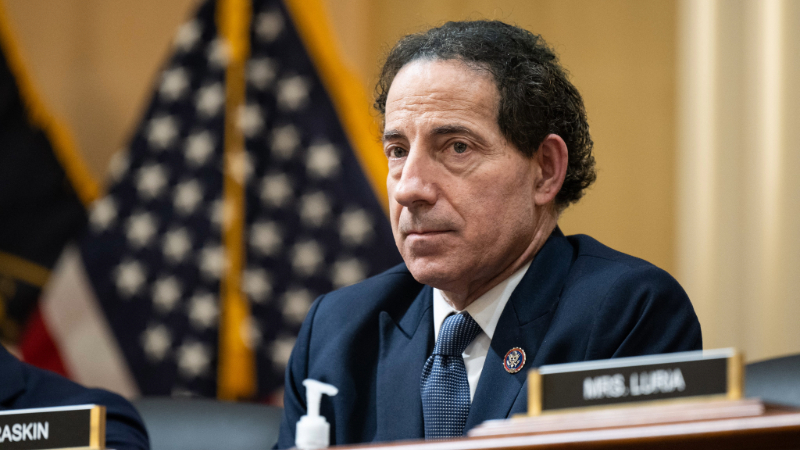
House Oversight and Accountability Committee Chairman James Comer, R-Ky., and Ranking Member Jamie Raskin, D-Md., introduced legislation today which would focus government resources on increasing transparency, oversight, and responsible use of Federal AI systems.
The Federal AI Governance and Transparency Act would codify Federal governance of agency AI systems, establish new mechanisms for transparency and accountability, and consolidate and streamline other existing AI laws.
Original cosponsors of the March 6 bill include big movers in Federal IT: Reps. Nancy Mace, R-S.C., Alexandria Ocasio-Cortez, D-N.Y., Clay Higgins, R-La., Gerry Connolly, D-Va., Nick Langworthy, R-N.Y., and Ro Khanna, D-Calif.
“Agencies have already begun to use artificial intelligence to improve oversight, save taxpayer dollars, and increase government efficiency,” said Rep. Comer. “The bipartisan Federal AI Governance and Transparency Act ensures that the federal government’s use of AI will improve government operations while protecting privacy, civil rights and civil liberties, and upholding American values.”
The 29-page bill offers provisions such as codifying key safeguards for the development, acquisition, use, management, and oversight of AI used by Federal agencies, as well as clarifying the role of the Office of Management and Budget in issuing governmentwide AI policy, in harmony with existing Federal IT and data policy requirements.
But the bipartisan legislation also establishes AI governance charters for high-risk AI systems and other AI systems used by Federal agencies that interact with sensitive personal records covered by the Privacy Act.
“The charters would provide the public and oversight entities with an array of transparency and accountability information essential for effective oversight, including information on testing and validation processes, responsible agency officials, maintenance plans, and the downstream impacts on agency programs or determinations related to financial assistance or regulatory enforcement,” a press release describing the bill says.
The legislation would create additional public accountability mechanisms, such as establishing a notification process for any individual or entity that has been affected by an agency determination influenced by AI. It also would require agencies to ensure existing appeals processes provide an opportunity for alternative review independent of AI.
Notably, the new bill offers key provisions to repeal repetitive AI laws and to harmonize existing AI laws.
For example, the Federal AI Governance and Transparency Act would streamline and consolidate existing law regarding the government’s use of AI – including requirements for agencies to provide protections or safeguards for Federal AI systems that are commensurate with risk – and repeal repetitive provisions in the AI in Government Act of 2020 and the 2022 Advancing American AI Act.
“Like the telephone, the computer, and the Internet, artificial intelligence is a revolutionary new technology that will remake our society, our commerce, our government and our lives,” said Rep. Raskin. “In Congress we must act to make sure that AI works to improve public functions but does not undermine our constitutional rights, liberties and values. We’re introducing the bipartisan Federal AI Governance and Transparency Act to ensure that any federal AI use promotes the fair, just, and impartial treatment of all. It would also create an oversight framework that will help Congress effectively meet the challenges of this powerful new technology over time.”
The House Oversight Committee will consider the Federal AI Governance and Transparency Act at a markup session on March 7 at 10:00 a.m. EST.
